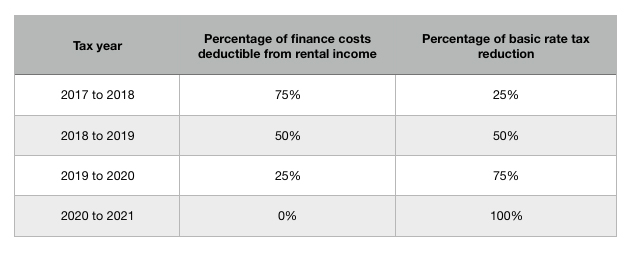Getting Disincorporation Right
Sadly, the COVID-19 pandemic has had a huge impact on the small business community, some will need to close their doors and others will need to find new ways to adapt.
The word “disincorporation” is something that will be on the lips of many business owners. It is the process which enables the transformation from a limited company to a sole trader, partnership or limited liability partnership (LLP). A business owner will take this decision because they want to move away from the stresses of running a limited business, where specific rules and obligations have to be adhered to.
Whilst there are broad benefits in trading as a limited company, especially with tax efficiency measures that can be employed, it can also prove stressful and difficult to justify the additional costs and operational constraints which have to be adhered to.
Moving away from a limited business will provide more flexibility and less complicated methods of withdrawing money. The one downside though, if you do opt for the disincorporation, is that it can be quite a complicated process. If you would like to discuss the advantages and benefits, please feel free to call out team on 01173 700 079.










